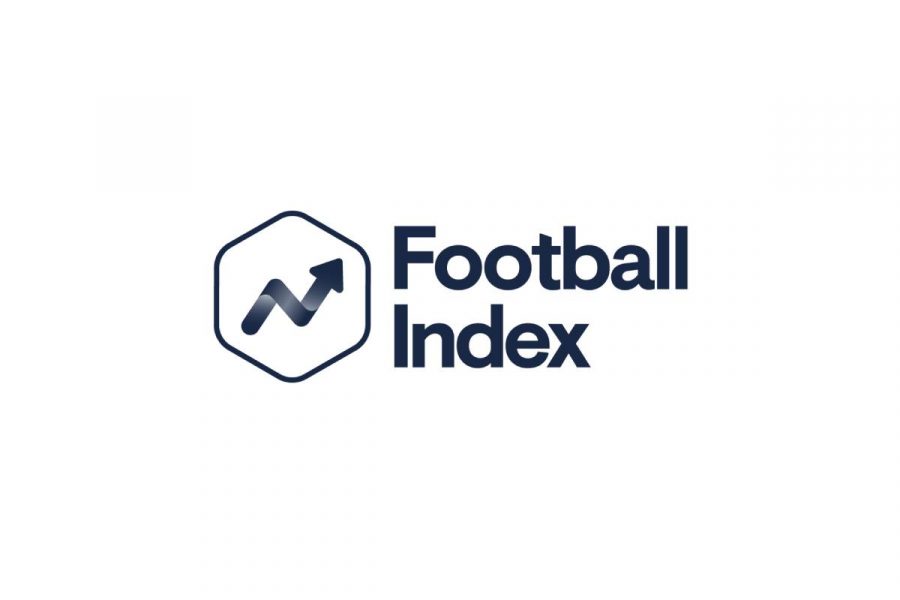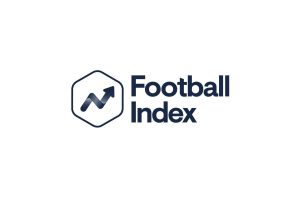BetIndex plans to relaunch Football Index

BetIndex has revealed plans to relaunch Football Index with customers to receive equity in the business.
UK.- BetIndex, which entered administration in March, has revealed that it plans to relaunch the failed football player “stock market” Football Index.
The operator, whose Gambling Commission licence has been suspended, said customers would be given equity in the business through a proposed Company Voluntary Arrangement (CVA).
The platform would keep a similar format but BetIndex said there would be differences to make it financially viable. Rather than seek to retain its remote betting licence from the Gambling Commission, BetIndex might opt for a pool betting licence instead.
BetIndex said that the relaunch would allow players to receive roughly 20.5p for every pound owed. A £7m share pool would be created to continue dividend payments, but dividends would be suspended for six months.
A customer trust would divide a 50 per cent equity stake between existing customers who had an active portfolio on Football Index at the time the company entered administration. BetIndex’s administrators, Begbies Traynor, said this would be possible since “the underlying business model is attractive to customers and financially sustainable”.
Shareholders in Index Labs Ltd, which owns BetIndex, would have to vote to agree to relinquish control of the company. The remaining 50 per cent equity in BetIndex would be held by an investment trust in a bid to attract external investors, who could create a possible exit for players in the customer trust.
Customers would have the right to become corporate members, which would allow them to vote to elect members of the board of directors.
BetIndex planned to go into administration days before dividend change.
The operator revealed the relaunch plans as the High Court opened a hearing on its administration on Friday. The High Court must decide how to distribute the £4.5m in BetIndex’s player protection account among customers who had funds trapped in Football Index when the company entered administration.
Documents submitted to the court have revealed that BetIndex decided to go into administration on March 5, three days before implementing a change to its dividend structure that caused customers to start pulling out of the platform.
On March 8, the company cut dividends. It announced it was entering administration on March 11.
The exodus of investors that followed the dividend change was thought to be responsible for the company entering administration, but the documents show that BetIndex had already taken the decision.
The company also submitted to the High Court minutes of its board meeting on March 5 March. They show that the board decided to go into administration in the UK instead of in Jersey, where it is headquartered, in order to have more options.
The minutes read: “The options for a Jersey company are far more limited than a UK company. Jersey processes do exist however they are unlikely to be as effective as UK administration.”
Documents also show that Football Index’s Co-founder and chief executive Adam Cole agreed to step down at a board meeting on December 11 because the company was suffering losses due to its dividend exposure.
What is Football Index?
Launched in 2015, Football Index was billed as a “stock market of football”, allowing gamblers to buy “shares” in footballers and receive dividends based on their performance. Customers could trade shares with others for profit, paying a small commission to the Football Index platform.
The Advertising Standards Authority criticised Football Index in 2019 for “creating the impression the product was a lucrative investment opportunity”.
Championship football teams Nottingham Forest and Queens Park Rangers have dropped Football Index as their shirt sponsor and the UK government has announced an investigation into the platform’s collapse.
Lawyers are investigating the possibility of a class-action lawsuit from customers, which may target the Gambling Commission, which has been criticised for its handling of the matter.











